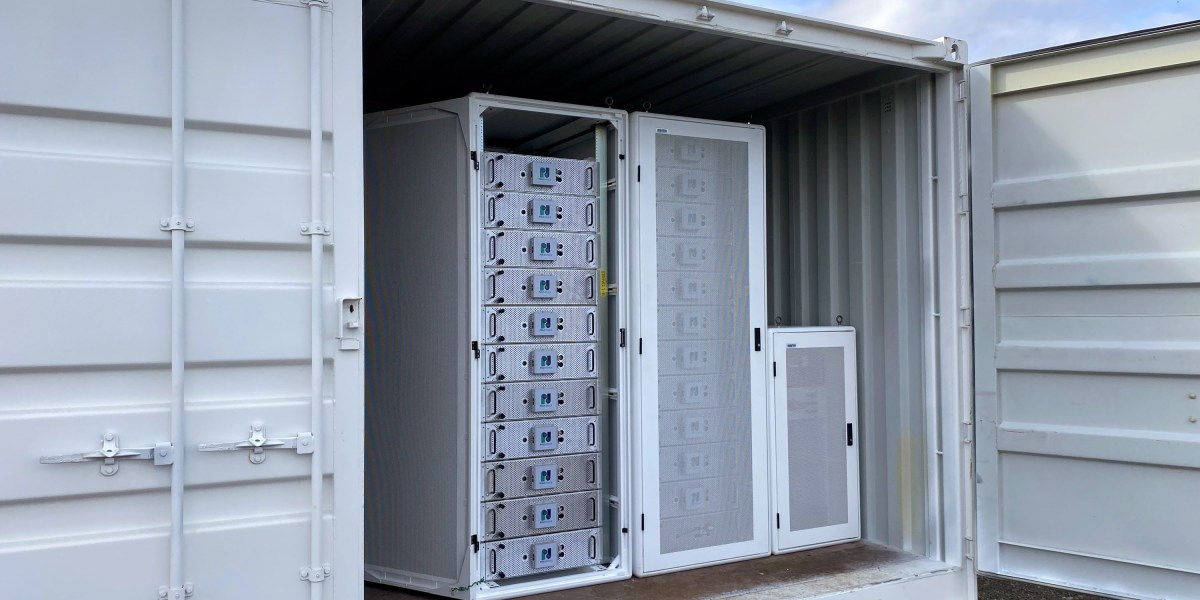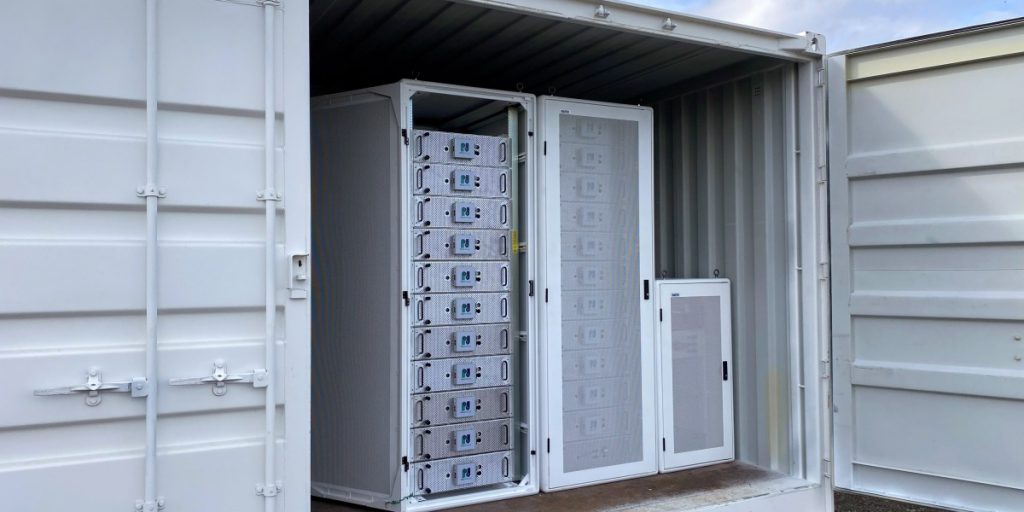
PolyJoule was started by MIT professors Tim Swager and Ian Hunter, who found that conductive polymers ticked some key boxes for energy storage. They can hold charge for a long time and charge up quickly. They are also efficient, meaning they store a large fraction of the electricity that flows into them. Being plastic, the materials are also relatively cheap to produce and sturdy, holding up to the swelling and contracting that happens in a battery as it charges and discharges.
To support MIT Technology Review’s journalism, please consider becoming a subscriber.
One major drawback is energy density. The battery packs are two to five times larger than a lithium-ion system of similar capacity, so the company decided that its technology would be better suited for stationary applications like grid storage than in electronics or cars, says PolyJoule CEO Eli Paster.
But unlike the lithium-ion batteries used for that purpose now, PolyJoule’s systems don’t require any active temperature control systems to make sure they don’t overheat or catch fire, he adds. “We want to make a really robust, low-cost battery that just goes everywhere. You can slap it anywhere and you don’t have to worry about it,” Paster says.
Conductive polymers could wind up being a major player in grid storage, but whether that happens will likely depend on how quickly the company can scale up its technology and, crucially, how much the batteries cost, says Susan Babinec, who leads the energy storage program at Argonne National Lab.
Some research points to $20 per kilowatt-hour of storage as a long-term target that would help us reach 100% renewable energy adoption. It’s a milestone that other alternative grid-storage batteries are focused on. Form Energy, which produces iron-air batteries, says it can reach that goal in the coming decades.
PolyJoule may not be able to get costs that low, Paster acknowledges. It’s currently targeting $65 per kilowatt-hour of storage for its first systems, reasoning that industrial customers and power utilities may be willing to pay that price because the products should last longer and be easier and cheaper to maintain.
So far, Paster says, the company has focused on building a technology that’s simple to manufacture. It employs a water-based manufacturing chemistry and uses commercially available machines to assemble its battery cells, so it doesn’t need the specialized conditions sometimes required in battery manufacturing.
It’s still unclear what battery chemistry will win out in grid storage. But PolyJoule’s plastics mean a new option has emerged.
